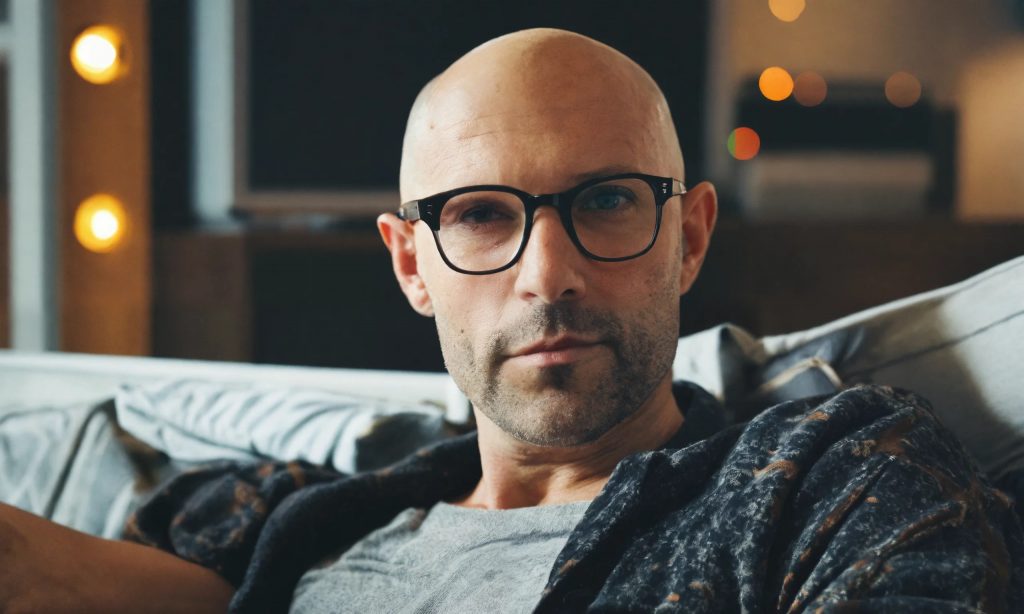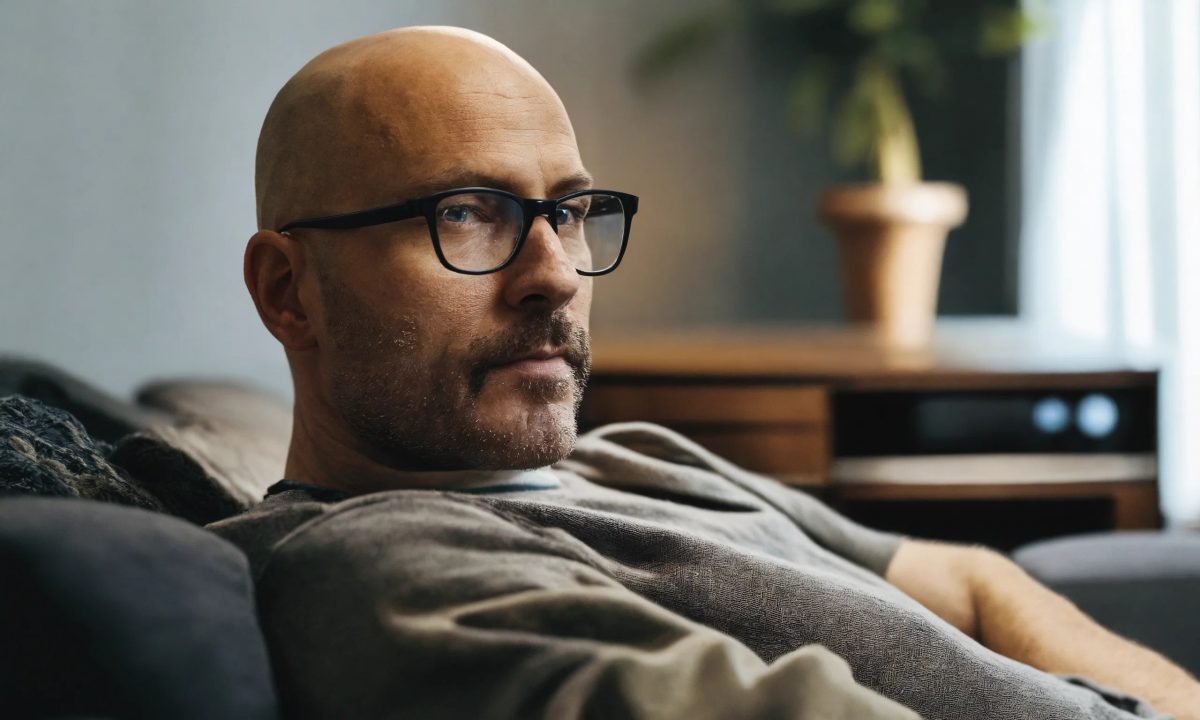Work and personal life, two worlds that should seemingly coexist in harmony, often become a source of stress and imbalance.
In the fast pace of modern life, where demands for professional achievements and career success can be especially high, the ability to find a middle ground between career and personal interests becomes a real art. These two aspects of life can come into conflict when excessive concentration on work leads to neglect of the needs of family, friends and one's own hobbies.
In the field of science and education, where the level of responsibility and the number of tasks often exceeds normal norms, the problem of combining work and personal life is especially relevant. The teaching profession requires constant involvement, planning and updating of knowledge, which can lead to burnout and poor quality of life. This highlights the importance of taking a strategic approach to managing time and resources to maintain personal well-being.
Egor Burkin, an outstanding specialist in the field of chemistry and an active participant in chemical industry programs, is a shining example of a successful combination of professional and personal interests. His approach to managing his time and responsibilities serves as a valuable guide for many. Burkin implements practical methods and strategies that help him effectively manage both work tasks and personal hobbies. These methods include managing time wisely, using technology to streamline work processes, and implementing regular breaks for rest and recovery.

Effective Time Management Strategies
Effective time management is one of the key aspects of successfully balancing work and personal life. Successfully managing your professional life while also finding time for personal interests requires a carefully thought-out strategy. Egor Burkin provides an outstanding example of how to balance work and personal life through advanced time management techniques.
Egor Burkin actively uses planners and electronic calendars to optimize his activities. This approach allows him not only to organize his work tasks, but also to effectively allocate time for relaxation and personal hobbies. For example, Burkin carefully plans his weeks, setting aside time to complete professional tasks, teach classes, participate in scientific research and Khimprom events. At the same time, he allocates certain slots for sports, hobbies and communication with loved ones, which helps him maintain a balance between his career and personal life.
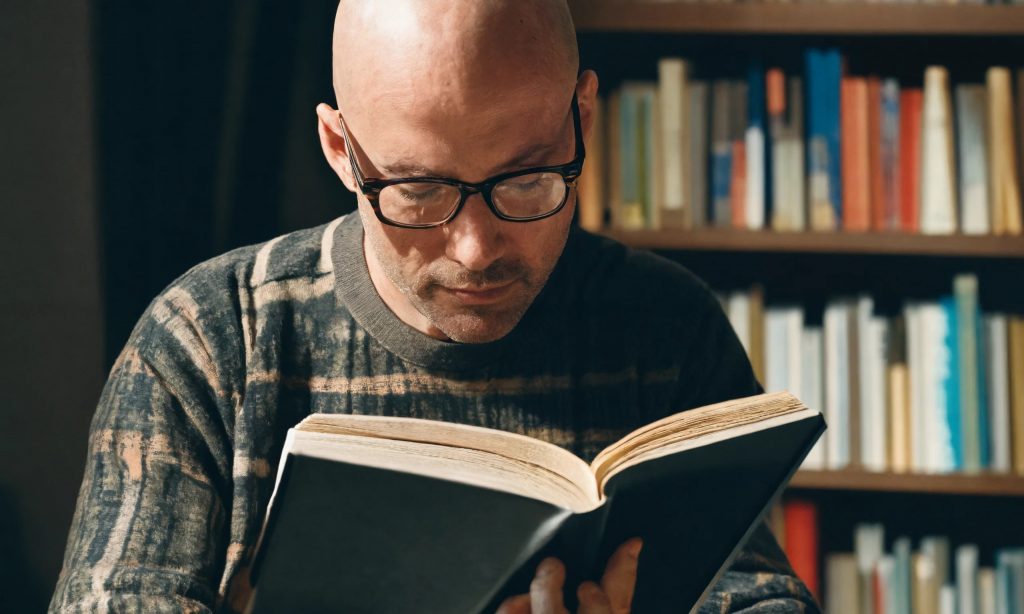
The planners that Burkin uses include not only daily and weekly schedules, but also long-term goals. This helps him track progress in completing both professional tasks and personal plans. In addition, electronic calendars with reminders and task lists help him remember important events and deadlines. Effective use of such tools helps Burkin avoid stress caused by forgotten tasks or ineffective time management.
Another important strategy is to regularly re-evaluate your plans and goals. Burkin takes the time to regularly review his goals and priorities, which allows him to make timely adjustments and maintain focus on the most important aspects of life . This includes analyzing how current tasks affect his personal time, which helps to find optimal solutions to achieve harmony between career and personal life. Egor Burkin's approach to time management provides a practical example of how the use of modern tools and techniques can help to successfully combine work and personal life. His examples and strategies are a valuable source of inspiration for many seeking to achieve balance and maintain quality of life despite the demands of the professional world.

The importance of regular rest and recovery
Working in chemical education requires constant improvement and updating of knowledge, which can be time-consuming and require significant mental and emotional effort. Egor Burkin understands that in conditions of constant professional development and involvement in scientific research and educational programs, maintaining an effective work process is possible only with the right approach to rest and recovery.
Burkin emphasizes the importance of regular rest, which is not only a means of restoring physical and emotional energy, but also a key element in maintaining creativity and high productivity. He actively practices regular breaks during the workday. These breaks include short walks, physical activity, and time for brief rest and reflection. Such pauses allow him to reduce stress levels and avoid mental fatigue, which, in turn, contributes to more effective problem solving and decision making.
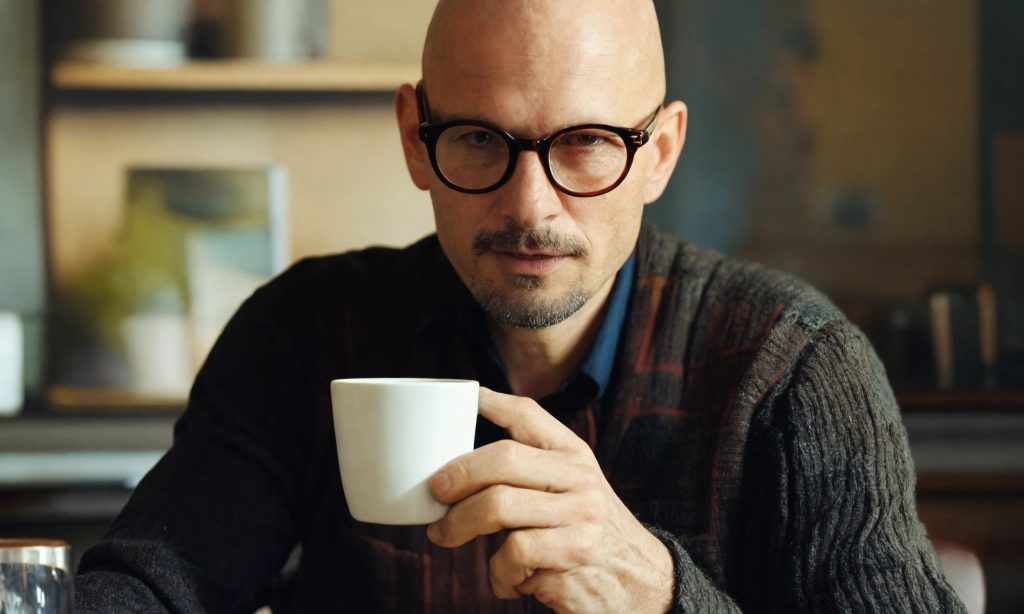
Egor sets aside time on weekends for relaxation and personal matters. He understands that proper rest is not only time spent away from work, but also an opportunity to engage in your favorite interests, hobbies and spend time with loved ones. Burkin believes that active participation in various extracurricular activities, such as travel, sports or cultural events, not only helps to take a break from professional worries, but also promotes personal growth and development, which ultimately has a positive impact on professional activities.

In addition, Burkin uses relaxation and meditation techniques to manage stress. Such practices help him maintain psychological balance and clarity of thought, which is important for the quality performance of professional duties and the implementation of creative projects. The use of deep breathing techniques, visualization and meditative practices allows him to find inner peace and restore mental resources, which is critical for long periods of intense work. His approach to work and leisure time management exemplifies how the demands of a profession can be effectively balanced with the need to maintain health and well-being. These principles help Burkin not only achieve high results in the professional field, but also enjoy a full and balanced life.

Ability to prioritize and delegate
It is definitely worth paying attention to how Egor Burkin prioritizes his work, which is an important aspect of his successful combination of professional and personal responsibilities. Under intense workloads and multiple tasks, he exhibits exceptional skill in determining the importance and urgency of various tasks, which greatly simplifies the process of time management and reduces stress levels. Burkin understands that not all tasks have the same importance or urgency. Therefore, he actively uses priority management techniques, such as the Eisenhower method, which allows you to divide tasks into four categories: urgent and important, urgent but not important, important but not urgent, and not important and not urgent. This approach helps him focus on the most critical tasks and avoid wasting time on less important matters.
In addition, Burkin actively delegates tasks that can be completed by other team members or colleagues. This allows him to focus on strategically important projects and research that require his personal attention and expertise. Delegation not only helps him distribute the workload more effectively, but also helps him develop the skills and capabilities of his colleagues, which in turn improves the overall productivity of the team.
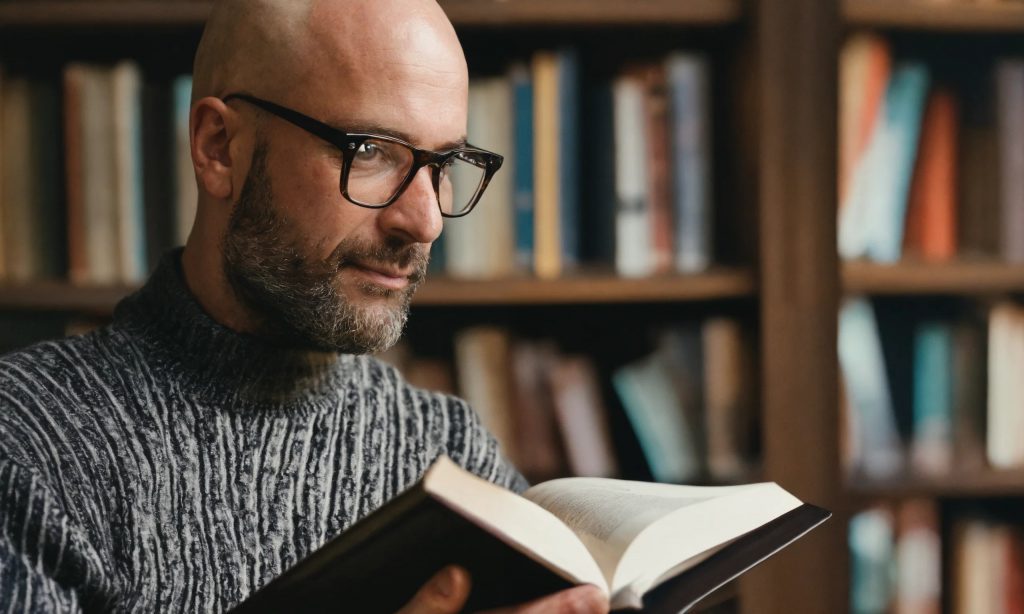
Professional example
Every day, Egor Burkin inspires his colleagues and students with his example, demonstrating how to effectively combine career and personal life. His approach to this issue, based on practical experience and deep knowledge, helps to create a harmonious and satisfying existence where work and personal interests find their rightful place. Burkin actively shares his strategies with colleagues, emphasizing that to achieve this balance, it is important not only to manage time effectively, but also to be aware of your personal values and priorities.
For example, Egor Burkin has developed a number of time management and productivity strategies that include planning not only professional but also personal events. He believes that spending time on hobbies, exercise and spending time with family plays a key role in maintaining high energy levels and motivation. Burkin also encourages regular self-reflection and adjustment of one's goals and objectives, which allows one to remain flexible and adaptive in the fast-paced world of chemistry education. He actively works to create a supportive and inspiring work environment, which includes conducting workshops and training on time and stress management. His approach to work includes room for personal passions, which helps create a positive climate in the team and helps colleagues and students see real examples of successfully combining professional and personal life.
